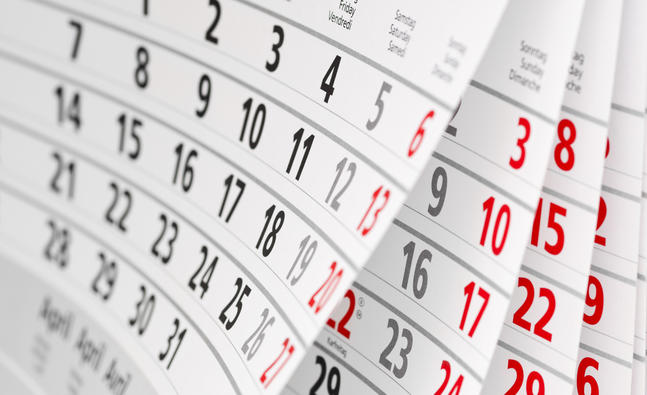Keeping Your Blood Sugar in Check Comes with a Bonus Prize: Weight Loss

Forget calories for a minute—let’s talk about blood sugar. (Stick with us here.) It’s the glucose found in your blood, and insulin is the stuff that brings glucose to your cells for energy. You may already know that blood sugar ebbs and flows throughout the day depending on what you eat, and letting it drop super low can leave you irritable, shaky, and fatigued. (Hellllo, hanger.)
But here’s a nugget worth writing down: Keeping your blood sugar stable could help you lose weight, says Stephanie Clarke, R.D., a nutritionist with C&J Nutrition in New York City. “When your blood sugar is balanced, you’ll feel more energized, less hungry, and you may not cave to cravings, which can help you lose weight by lowering your overall calorie intake.” Keeping your blood sugar in check can also help prevent insulin resistance, which can lead to weight gain by minimizing frequent spikes. In short, it's a crucial part of getting your weight-loss game on point.
The crash and burn that comes with low blood sugar (called hypoglycemia) isn't hard to detect: It can make you feel sweaty, weak, dizzy, annoyed, or even lead to a rapid pulse, says Clarke. You can have a blood sugar crash after not eating for a long time, or after eating a big meal packed with processed carbs, like white pasta or bread, which causes it to shoot up and then drop quickly.
Blood sugar that’s too high, called hyperglycemia, can lead to thirst, headaches, and blurred vision. But these symptoms don’t usually show up unless it’s through the roof. If this happens to you, see a doc to rule out diabetes.
With all of that out of the way, here's how you can level out your blood sugar to crush cravings, feel energized, and tackle weight-loss sabotaging hanger.
Watch the Clock
After three or four hours of not eating, hypoglycermia can kick in, says Clarke. To keep this from happening, set an alarm so that hunger doesn't creep up on you while you're busy at work. Eating small, frequent meals every three to four hours is clutch for keeping your sugars in a healthy range, she says.
Pick Worthy Snacks
Aim to include at least two of the three major nutrient groups—carbs, protein, and fat—in each snack, she says. For example, one snack might include a healthy fat, like peanut butter, and a high-fiber carb, such as a whole wheat English muffin. Another might include protein and healthy carbs in one, like edamame.
Skip Simple Carbs
Breads, pastas, sweets, even juices are super-low in fiber, the nutrient that helps control blood sugar spikes by delaying how much sugar your body absorbs. You can get a better dose of fiber in less processed carbs like whole grains, squash, and sweet potatoes.
Add Protein
Protein-packed foods, like lean chicken, turkey, fish, quinoa, legumes, nuts, and seeds, are also slow to digest and key for glucose control. Bonus: They will keep you satisfied much longer than processed carbs.
Slip In Healthy Fats
Good fats work like protein to keep your blood sugar levels stable, as long as you watch your portion sizes. Avocados, nuts, olives, and fish are all great sources for any meal—and cooking with olive oil or avocado oil helps, too.
Hit the Gym
Working out allows your body to burn stored glucose for energy, which leaves you feeling like a happy camper for longer.
-
3 Spring detox salads for supper
-
5 Simple Ways In Which Herbal Tea Results In Weight Loss
Herbal tea or Tisane is an aromatic decoction of herbs, spices, roots,
-
Develop habits to maintain your weight-loss goals
-
Want to lose weight but love chocolate?
-
13 Inspiring quotes to help you slim down
-
5 Simple Ways To Burn 100 Calories At Home
Are those extra layers of fat giving you sleepless nights? Are you con
- DON'T MISS
- Q&A: Does Water Really Speed Up Weight Loss?
- Lose weight by starting small
- How to Love Your Body into Weight Loss
- Weight Loss Tips Small Change Diet
- Reduce visceral body fat with oats
- Choose marinara sauce to cut calorie intake
- Blast away fat like Jennifer Hudson
- Avoid a sedentary lifestyle to lose weight
- What separates weight-loss winners & losers?
- Start your meal with a soup or a salad




